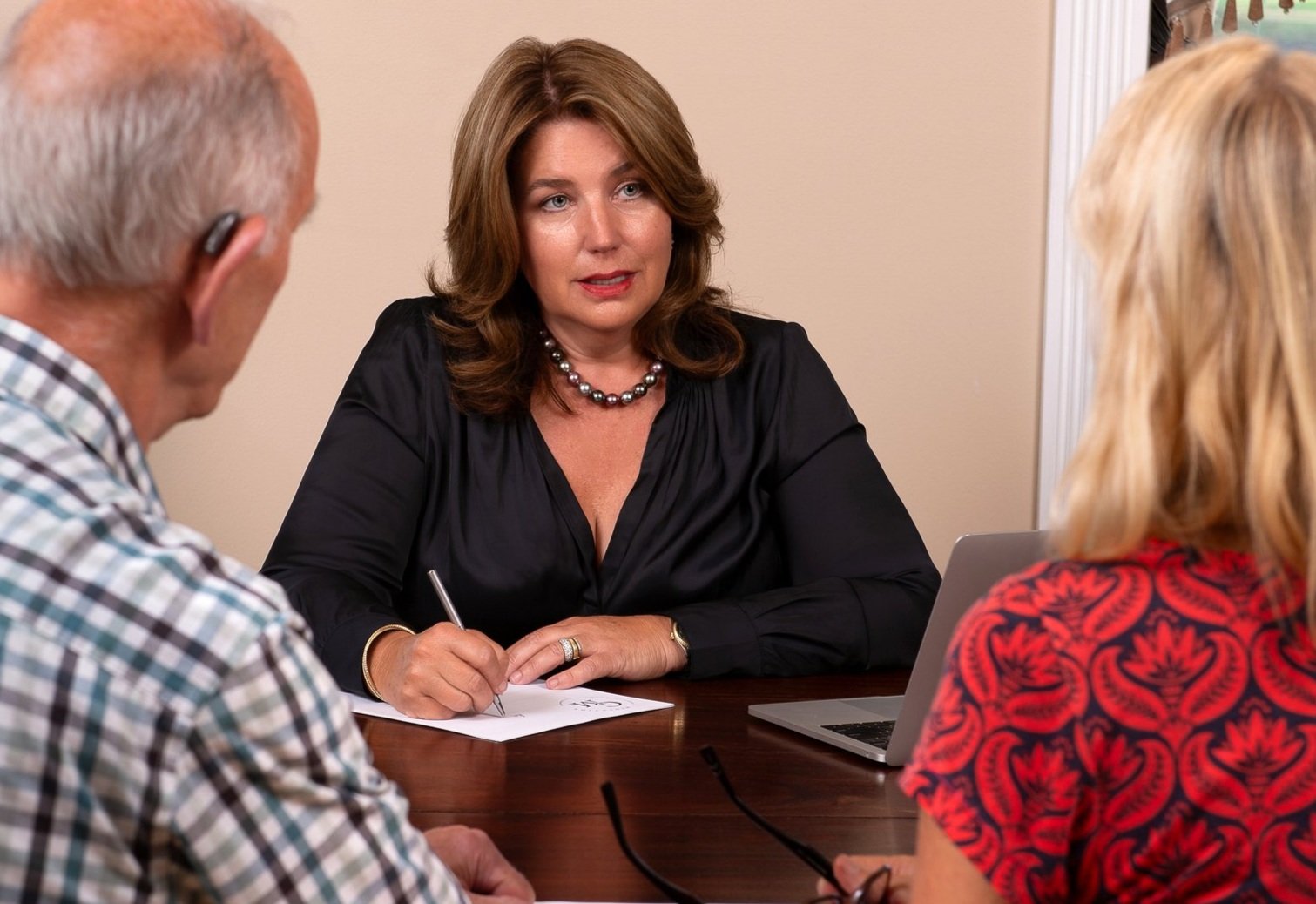What is Mediation? (No, It’s Not Meditation)
Mediator with couple
When I tell people I am a mediator, they very often look at me quizzically and say, "meditation"? No, mediation. Mediation and meditation—similar in spelling, are vastly different in meaning. While meditation focuses on mindfulness, peace and relaxation, mediation is a structured process that helps people resolve disputes, and hopefully find peace once the dispute is behind you. If you've ever been curious about mediation, how it works, and why it's used, you're in the right place. Let’s explore what mediation really is and why it’s such a powerful conflict resolution tool.
What is Mediation?
Mediation is a voluntary and confidential process where a neutral third party, called a mediator, helps disputing parties communicate, identify their issues, and work toward a mutually agreeable solution. Unlike judges or arbitrators, mediators don’t make decisions or take sides. Instead, they facilitate productive discussions that allow the parties to craft their own resolutions.
Types of Disputes Mediated
Mediation can be used in a variety of conflicts, including family disputes, conflicts in the workplace, and disputes between neighbors. I also specialize in divorces where I can assist couples in creating parenting plans and dividing assets.
Why Mediation?
Mediation is a great alternative to the legal process as it is much less expensive and much quicker. In mediation, cases can often be resolved in weeks or months. Additionally, by fostering respectful communication, mediation can maintain or even improve relationships. Finally, since the outcome is collaboratively reached, parties feel more in control of the process and more satisfied with the results.
Final Thoughts
Mediation is an empowering alternative to adversarial conflict resolution methods. It puts the control in the hands of the people involved and encourages collaboration rather than contention. Whether you’re facing a personal disagreement or a complex legal dispute, mediation offers a less contentious, less expensive and more satisfying resolution.
Remember, when someone talks about mediation, they’re not recommending a mindfulness session (though that can help too!). Instead, they’re highlighting a powerful process designed to help people find solutions together.

